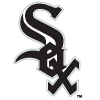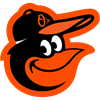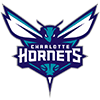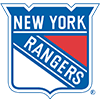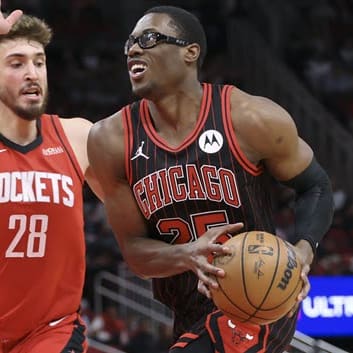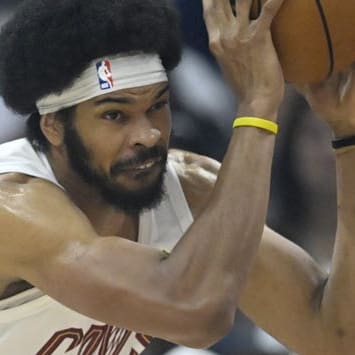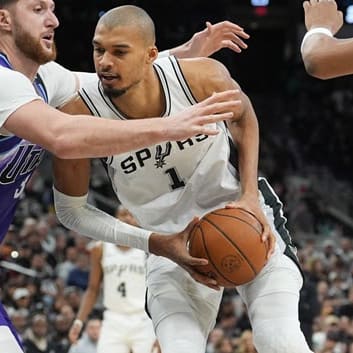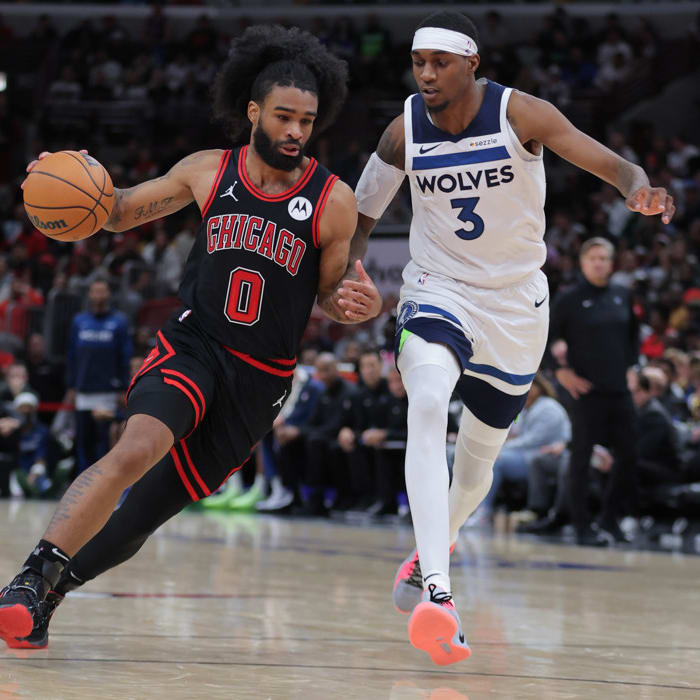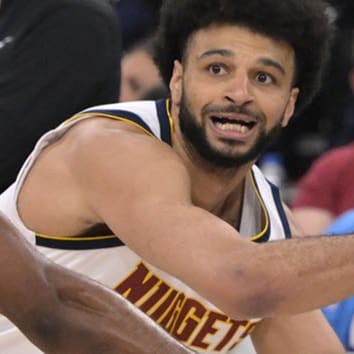Daily fantasy basketball can be the perfect bridge from football to baseball because its the most constant daily fantasy game night in, night out. We're here to break down the three major daily fantasy sites and their fantasy basketball games. Last week, we broke down how to win tournaments on FanDuel. This week, we tackle DraftStreet.
DraftStreet Daily Fantasy Basketball
Salary Cap - $100,000
Roster Composition – Guard (G) x3, Forward (F) x3, Center (C), Utility (UTIL) -- eight players total
Average Cost Per Position - $12,500
Average Salary Range per Player – Floor ($1700), Ceiling ($25,000-variable no limit).
Scoring System:
Points = 1 point
Assists = 1.5 points
Rebounds = 1.25 points
Steals = 2 points
Blocks = 2 points
Turnover = -1 point
Missed Free Throws = -0.5 points
Missed Field Goals = -0.5 points
DraftStreet has open positions on rosters (guard or G, instead of PG or SG), which increases the roster flexibility. Also, DraftStreet's salary algorithm is considered to be the tightest in the industry. This means that they update the salaries daily and heavily weight the most recent performance. It makes it harder to find value plays on a nightly basis; so keeping an eye on which players will inherit extra playing time is crucial. With top-tier players running at least $15,000 and up, the need to have players in the $7500-$10,000 is imperative to offset the $12,500 average salary per position. It's very difficult to fit in top-tier players on DraftStreet, which makes mid-tier value plays critical in winning tournaments.
DraftStreet is also considered an "efficiency scoring" site compared to Fanduel which is "performance" based. The inclusion of missed field goals and free throws adds an extra element of strategy needed for the site. Focusing the guard position on point guards, and staying away from shooting guards along with power forwards/centers over small forwards is recommended. Players with higher field-goal percentages and free-throw percentages (not Dwight Howard/Andre Drummond) while also accumulating more counting stats are more valuable.
A stat that is very valuable when determining player selection on DraftStreet is Player Efficiency Rating (PER). The PER, which was designed by John Hollinger, is the metric that boils down all of a player's contributions into one number by a per minute basis. The formula adds positive stats and subtracts negative ones through a statistical point value system. PER takes into account positive outcomes (field goals, free throws, three pointers, assists, rebounds, blocks, and steals) and negative ones (missed shots, turnovers, and personal fouls).
Hollinger's PER Rating Classifications:
A Year For the Ages: 35.0
Runaway MVP Candidate: 30.0
Strong MVP Candidate: 27.5
Weak MVP Candidate: 25.0
Bona fide All-Star: 22.5
Borderline All-Star: 20.0
Solid second option: 18.0
Third Banana: 16.5
Pretty good player: 15.0
In the rotation: 13.0
Scrounging for minutes: 11.0
Definitely renting: 9.0
The Next Stop: DLeague 5.0
Top PER Player Ratings YTD:
1) LeBron James 29.78
2) Kevin Durant 27.98
3) Kevin Love 27.91
4) Chris Paul 27.24
5) Anthony Davis 27.21
6) DeMarcus Cousins 26.70
7) Dirk Nowitzki 24.03 (Brook Lopez 25.75 injured)
8) Paul George 23.94
9) Carmelo Anthony 23.94
10) Stephen Curry 23.77
Factors for Outperforming Salary
One of the biggest keys in daily fantasy basketball is knowing how to extract value from players on a given night. Here are some of the things to consider:
1) Player is on a hot streak and salary is not yet reflected (e.g. J.R. Smith)
2) Player is inheriting additional playing time due to injury/suspension/player out (e.g. Tony Wroten)
3) Player has favorable matchup against opposing position (e.g. PG vs Utah)
4) Player has favorable matchup against poor team defense (e.g. vs 76ers)
5) Player has favorable matchup against backup opposing defender (e.g. Jared Sullinger undersized)
6) Player is going against a team that recently made a trade but is shorthanded (e.g. Bucks/Kings)
7) Player returns from injury giving value to teammates (e.g. Deron Williams)
Target Scores
In order to win on DraftStreet, you need to know what scores are needed when projecting players. Breaking down each position and category gives you the baselines needed to correctly project the players who will outperform their salary.
Tournaments (Guaranteed Prize Pool) – 300 (avg. score to take first place in a large field tournament)
Target Score – 300 points; eight players on roster; 37.5 Fantasy Points per player
The average player on DraftStreet's production-to-salary ratio is around 1:1.75, meaning that a player averaging 42 fantasy points will have a $24,000 salary. The key is finding players with as many positive factors going for them on a particular night, so you can achieve those 2.5-3.5 times their normal production multipliers you need to win. Note: This is based on year-to-date fantasy points per game and current salaries. DraftStreet's algorithm is heavily skewed towards most recent performances.
Sample Breakdown of how DraftStreet's salary algorithm works (Average FP = Average Salary Range):
42 FP = $24,000
40 FP = $22,850
35 FP = $20,000
30 FP = $17,140
25 FP = $14,250
20 FP = $11,420
15 FP = $8,570
The key here is taking players priced in the $6000-$12000 range who's projected to get at least 20 FP-40 FP on a given night.
Return-On-Investment (ROI) Target Multiplier – Value Plays (3.5x-5x), Mid-Tier Plays (3x-4x), Top-Tier Plays (2.2x-2.5x)
Value Salary Range = $5000-$9900 (20-50 points) High Ceiling Plays
Mid-Tier Salary Range = $10000-$14900 (30-50 points) Ceiling Plays
Top-Tier Salary Range = $15000-$22000 (35-50 points) Floor Plays
Breakdown by Scoring Category for Target Score (300 Points):
Points = 160 (160 x 1)
Rebounds = 80 (65 x 1.25)
Assists = 70 (46 x 1.5)
Steals = 20 (10 x 2)
Blocks = 20 (10 x 2)
Turnovers = -20 (20 x -1)
Missed Field Goals= -25 (50 x -0.5)
Missed Free Throws= -5 (10 x -0.5)
Here is a recent lineup that scored 311 fantasy points:
G Deron Williams ($16,140) -- 30.25 FP (1.87x ROI)
G Kyrie Irving ($16,890) -- 49.25 FP (2.91x ROI)
G Brandon Knight ($9,870) -- 47.5 FP (4.81x ROI)
F Evan Turner ($12,707) -- 42 FP (3.30x ROI)
F Paul George ($16,861) -- 43.25 FP (2.56x ROI)
F Xavier Henry ($7,765) -- 28.5 FP (3.67x ROI)
C Pau Gasol ($13,785) -- 45.75 FP (3.31x ROI)
F Mirza Teletovic ($5,890) -- 24.5 FP (4.15x ROI)
Analysis:
This team targeted certain games that had high over / under totals. Three value plays, two mid tier players, and two top-tier plays (but just over $16K). Because the ceiling of 50 fantasy points was the most likely target, it makes a $16K player getting 50 FP about a 3x play.
BKN @ PHI – 211 (highest on the board) -- Deron Williams (76ers are the worst team in fantasy points allowed to opposing point guards), Evan Turner (leading 76ers scorer), Mirza Teletovic (value play)
MIN @ LAL – 209 (second highest on the board) -- Pau Gasol (offense goes through Gasol with Kobe out), Xavier Henry (value play)
MIL @ CLE – Lowest total on the board, but due to so many injuries on the Bucks, Knight presented extreme value. Plus, Irving is a bottom-five point guard in fantasy points allowed. Irving is a much better player at home, so there was at least a 20 percent value with that factor.
Paul George – He was at home against Houston, which meant that the Pacers would probably score more points than normal, as Houston is a high-pace team. The Rockets are a bottom-10 team in fantasy points allowed to opposing small forwards.












